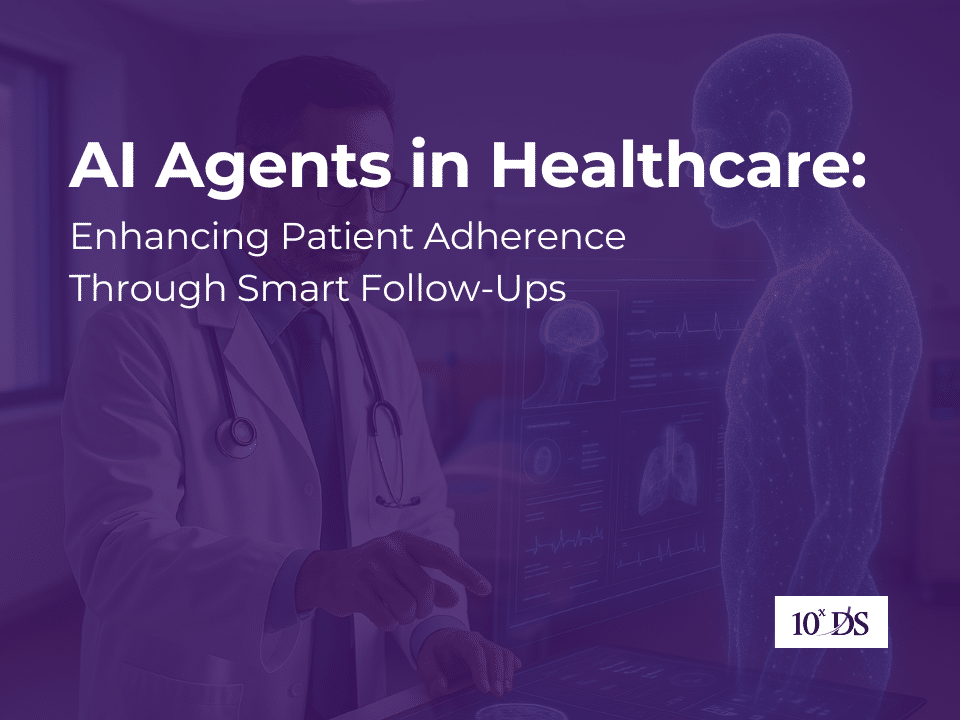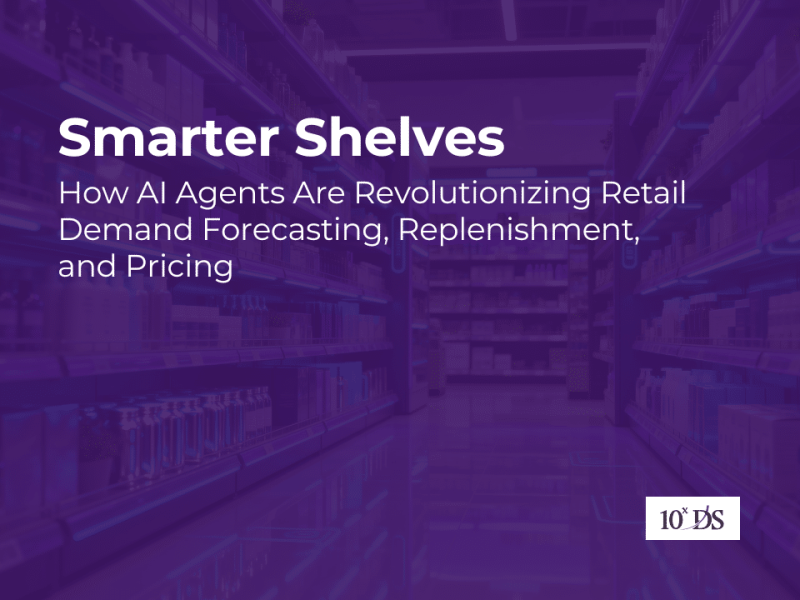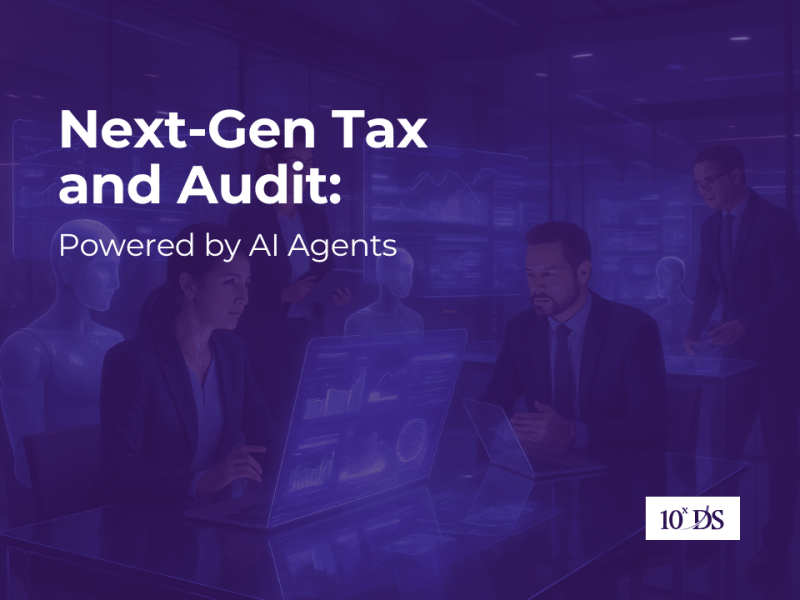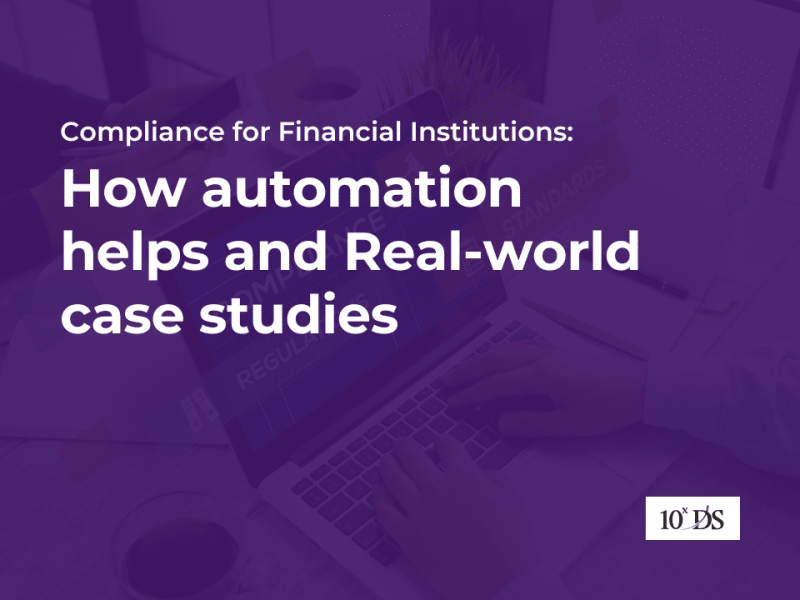
AI Agents in Healthcare: Enhancing Patient Adherence Through Smart Follow-Ups
In the changing landscape of healthcare, helping patients adhere to treatment plans and follow-up schedules is essential for better results. However, traditional follow-up methods often miss the mark, creating gaps in patient care. Even with progress in medical technology, getting patients to follow treatment plans, attend appointments, and take medications on time remain difficult for healthcare providers globally. AI is redefining the way we approach this problem. By using AI automation in healthcare, systems can simplify processes, tailor patient interactions, and ultimately raise adherence rates.
Limitations of Traditional Patient Follow-Up Methods
Traditional follow-up processes in healthcare depend heavily on manual actions, such as phone calls, mailed reminders, or in-person appointments that are scheduled weeks in advance. These methods take a lot of time and effort.
Common challenges encountered while trying to follow treatment plans include:
- Forgetfulness or lack of reminders
- Limited understanding of treatment plans
- Fear of side effects or not seeing benefits
- Inconvenient appointment schedules
- Communication gaps between patients and healthcare providers
The Power of AI Agents in Patient Follow-Up
AI for patient follow up signifies the use of AI agents in managing, organizing & enhancing patient experience. Rather than relying on manual labour, AI will use predictive modelling, machine learning, and natural language processing (NLP) to provide timely reminders based on the patient’s situation, highlight prospective at-risk patients, and enhance follow-up communication between the healthcare provider and the patient.
The Global Enterprise AI Survey 2025, carried out by Blue Prism, reveals that 86% of healthcare providers are using AI extensively. This rapid adoption is expected to drive the healthcare AI market toward a valuation of over $120 billion by 2028.
In general, AI-based Follow Up systems typically include the following core components:
- Automated Reminders: Automated reminders can be sent via SMS, email, or application notification for patient appointments and medication protocols.
- Virtual Assistants: Automated AI powered chatbots allow a patient to ask a question or to schedule a visit or to receive health information education.
- Predictive Modelling: Predictive modelling can help identify patients who are more likely to fail to show up at their appointment or patients who are more likely to discontinue their medications.
- Data-Informed Insights: AI uses past treatment and behavioural data to identify risk areas and optimize follow-up plans for improved adherence.
Key Benefits of AI Agents in Healthcare Today
AI Agents offer numerous advantages for both healthcare organizations and patients.
1. Increased Adherence and Patient Engagement
AI Agents provide personalised medication and appointment reminders, complemented by 24/7 virtual assistant support. This continuous patient engagement fosters trust and significantly boosts adherence rates.
2. Streamlined Hospital Discharge
One important stage in patient adherence is the time immediately after hospital discharge. Rather than returning an admission paper at discharge, AI agents can support hospitals with discharge instructions, automatically schedule follow-up appointments, and ideally send reminders for post-discharge instructions. This practice improves clarity in discharge instructions while also decreasing the potential of readmissions.
3. Scalable and Efficient Processes
Manual follow-up calls are labour intensive, making it almost impossible to scale the process. AI systems can make thousands of follow-up calls at one time and be just as accurate and personalized, along with the time-savings afforded through automation.
4. Predictive Interventions
AI can identify patients at risk of nonadherence by analysing the data in previous records and behavioural trends. This predictive capability enables healthcare providers to proactively address potential noncompliance through measures like re-education, additional counselling, or revised care plans before issues arise.
5. Reduced Operational Costs
Automating follow-up processes significantly reduces the administrative burden on healthcare staff. By replacing manual scheduling, reminders, and patient outreach with AI-powered agents, health systems can cut down on labour hours and associated costs. AI Automation in healthcare ensures tasks are completed consistently and efficiently, minimizing errors that can lead to additional expenses.
6. Smooth Integration with Electronic Health Records (EHR)
AI interacts with EHR systems to consolidate patient records, identify patterns or identify patients who may not comply with their treatment. Predictive analytics makes proactive outreach to patients possible with personalized reminders or telehealth check-ins. This will result in improved care coordination and lessen the burden on providers.
Why Automation is Important for Patient Follow-Up
AI Automation in healthcare is more of a necessity than a convenience; it is essential. We are operating increasingly in a resource-constrained world where daily activities are limited by time and effort, and complex follow-up processes cannot be done manually at scale. Automation enables consistency, minimizes human error, and allows healthcare providers to rapidly increase action without sacrificing the quality of care. For patients, automated follow-ups are effective in connecting the continuum of care from hospital to home and maintaining some level of obligation and credibility.
Moreover, automation empowers healthcare teams to shift their focus from repetitive administrative tasks to more meaningful, patient-centred care. By handling appointment reminders, post-discharge check-ins, and medication adherence prompts, AI agents free up valuable time for clinicians to prioritize critical cases and provide personalized support where it’s truly needed. This not only enhances operational efficiency but also builds a more proactive care environment where no patient is left behind due to overlooked follow-ups or manual slip-ups.
Who Gains from AI Agent Follow-Up and How?
For Patients:
AI for patient follow up delivers improved outcomes by enabling timely follow-ups, which support early diagnosis and treatment of diseases, including critical findings such as incidental cancers. It also reduces confusion by ensuring clear, automated communication that helps patients understand exactly what they need to do next and why their follow-up care is important.
For Health Systems & Providers:
Automation enhances operational efficiency by reducing manual tasks, allowing staff to focus on essential clinical responsibilities and lowering burnout. It also mitigates risk by ensuring consistent follow-up, which minimizes missed care opportunities, legal exposure, and reputational damage. Additionally, increased patient adherence to follow-up recommendations drives higher imaging volumes and boosts revenue, while AI-driven analytics improve the quality and scalability of follow-up processes.
The Future of AI Agents in Follow-Up
As AI continues to make rapid advancements, its application in patient follow-up automation will be extended beyond reminders and general calls.
Here are some trends for the future:
- Voice AI for Person-Based Engagement: AI voice agents that can mimic human interactivity.
- Predictive healthcare systems: AI combined with big data enables the creation of advanced predictive models for more accurate risk assessment and timely interventions.
- Multi-language engagement: AI will be used to communicate with patients in their language to improve accessibility.
- Telehealth integration: AI will streamline the connection between follow-up processes and virtual visits, improving patient engagement and access.
- Personalized Follow-Up Plans: AI for patient follow up will craft individual strategies based on a patient’s history, preferences, and health profile.
- Emotion Recognition & Sentiment Analysis: Advanced AI agents will detect patient emotion and tone, allowing for more empathetic and tailored responses.
- Social Determinant-Aware Interactions: AI will factor in transportation, financial, and social barriers to suggest flexible, inclusive care options.
Conclusion
AI-powered agents are not just changing how healthcare is delivered — they’re reshaping the very foundation of patient engagement and adherence. By automating follow-ups, these intelligent systems ensure that no patient slips through the cracks due to human error, system inefficiencies, or lack of communication. Timely reminders, personalized messages, and smart scheduling empower patients to stay on track with their care journeys, ultimately leading to better health outcomes.
For healthcare providers and systems, AI agents bring efficiency, scalability, and clarity. They minimize manual workflows, reduce administrative burden, and provide actionable insights into where and why drop-offs happen. Beyond operational benefits, AI also supports quality improvement and long-term growth by driving patient retention and improving imaging and treatment adherence rates.
In a healthcare landscape where missed follow-ups can mean the difference between early detection and advanced illness, AI agents stand as a crucial link between diagnosis and action. The future of patient care isn’t just about providing treatment — it’s about making sure people follow through with it. And AI is making that possible, one automated reminder at a time.
Talk to our AI Experts to learn more.


